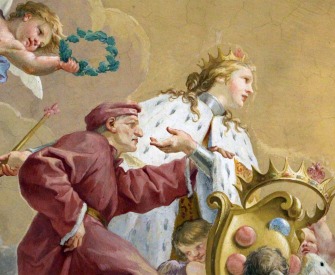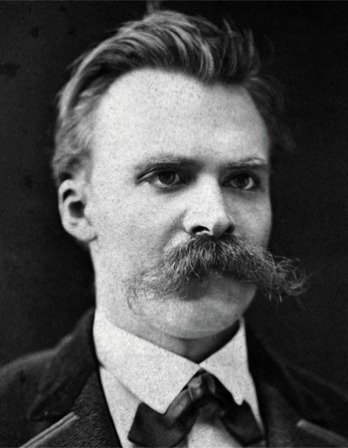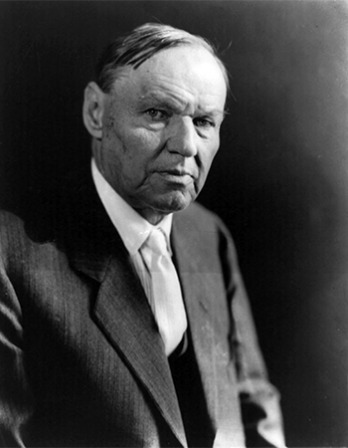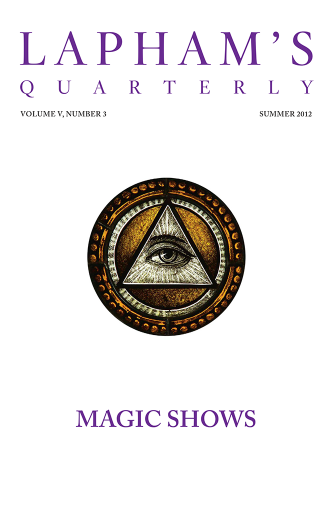Glory be to God for dappled things—
For skies of couple-colour as a brinded cow;
For rose-moles all in stipple upon trout that
swim;
Fresh-firecoal chestnut-falls; finches’ wings;
Landscape plotted and pieced—fold, fallow,
and plough;
And all trades, their gear and tackle and
trim.
All things counter, original, spare, strange;
Whatever is fickle, freckled (who knows
how?)
With swift, slow; sweet, sour; adazzle, dim;
He fathers-forth whose beauty is past
change: Praise him.
“Pied Beauty.” John Henry Newman received Hopkins into the Roman Catholic Church in 1866, after the young man had read the Cardinal’s account of his own conversion. Entering into the Jesuit novitiate two years later, Hopkins burned his youthful verse. His poetic silence lasted seven years, until, prompted by the drowning of five Franciscan nuns, he composed “The Wreck of the Deutschland.”
Back to Issue





